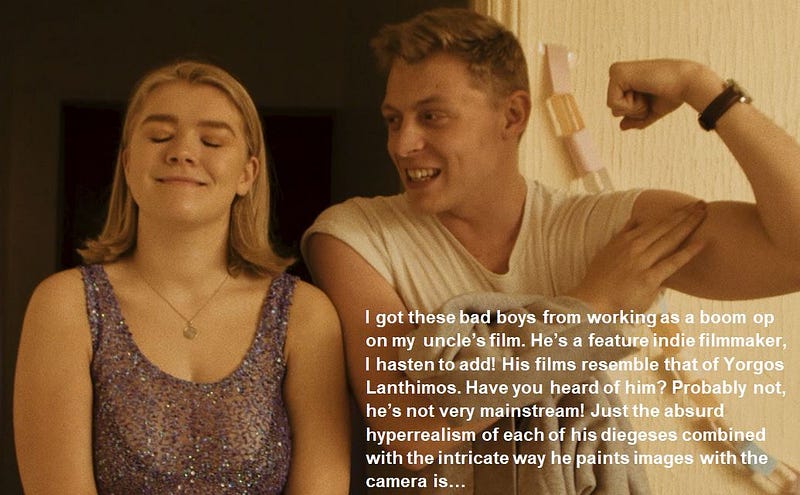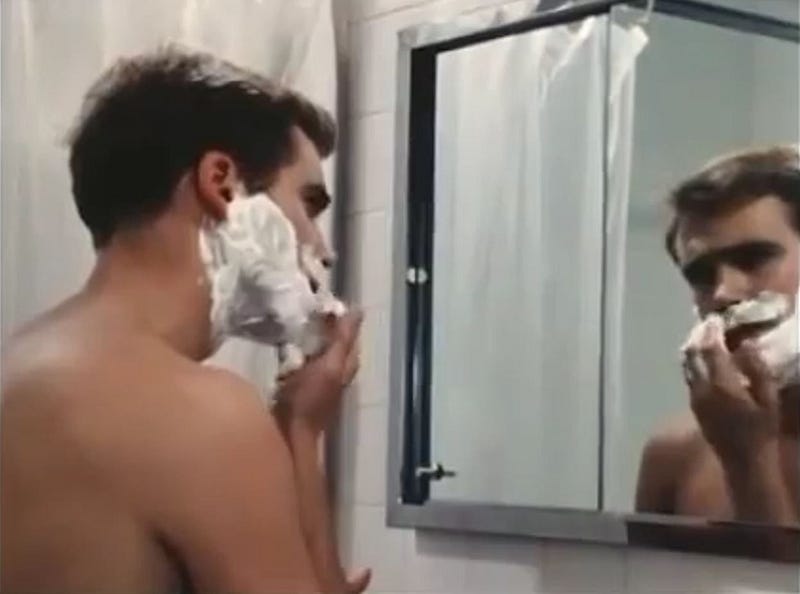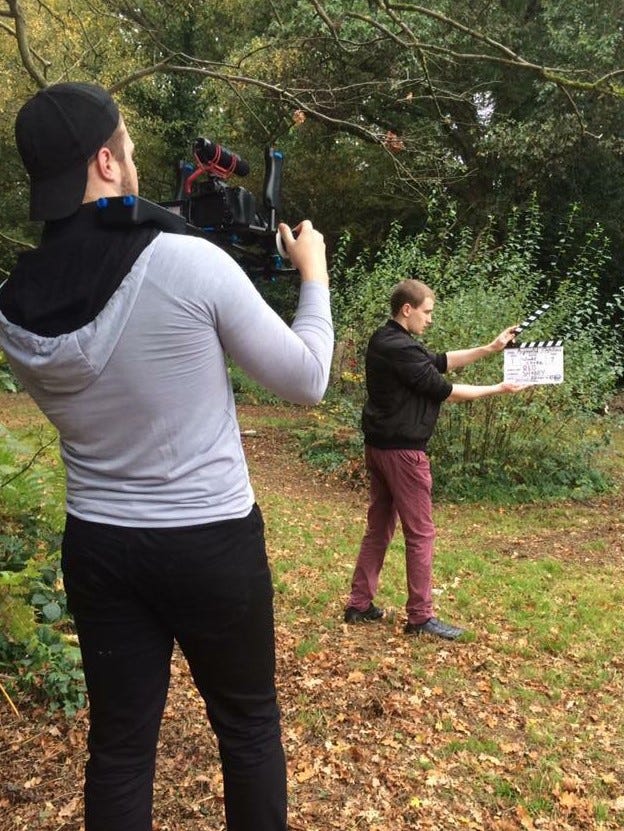<Title: Essential Tips for Aspiring Student Filmmakers>
Written on

As a student filmmaker, I certainly do not claim to be a master of my craft. While Mozart was recognized for his genius at a very young age, my own experience, which includes three years of studying Film and History, has not bestowed upon me any such accolades.
Yet, my university journey was not solely defined by quick meals and a staggering bar tab. Despite the theoretical nature of my degree, I actively sought opportunities to engage in filmmaking.
Through this pursuit, I gathered what I believe to be crucial advice for aspiring filmmakers, insights I wish I had received when I first embarked on my cinematic path.
Start Small for Greater Impact
This isn't meant to discourage you; in fact, it's quite the opposite.
During your time at university or film school, you enjoy a unique bubble where you can take creative risks without the weight of the outside world. It's essential to utilize this time, as opportunities to experiment diminish once you graduate.
One common mistake among novice filmmakers is overestimating their capabilities—something I have certainly done. Paradoxically, creating a feature film with multiple locations and a large cast can feel easier than crafting a one-minute, no-budget short film set in a single place.
While every filmmaker aspires to reach their highest potential, starting out often means assuming multiple roles, including that of producer. Balancing creativity and logistics is challenging, especially when resources are limited, and your cast consists of friends motivated by the promise of pizza and drinks.
Recognizing that limitations can foster creativity is liberating. However, avoid setting unrealistic expectations, as this can lead to frustration and self-doubt. In due time, you'll acquire the skills and resources needed to tackle larger projects; for now, it's perfectly acceptable to hold onto those ambitious ideas for a future day. Be patient and wait for the right moment!
No Easy Paths to Achievement
While this may seem obvious, once you're engrossed in the hectic environment of a student film set, it's easy to let proper procedures slip away.
Unexpected challenges, such as an actor dropping out or forgetting critical equipment, can tempt you to take shortcuts. While this might relieve immediate pressure, it often complicates matters later.
If a clapperboard isn't available, at the very least, use a finger snap to mark synchronization points. If you're uncertain about continuity, take a few extra minutes to consult with your Director of Photography and review previous footage to address any concerns. Ideally, everyone involved should prioritize maintaining continuity.
The notion of "fixing it in post" is a misleading myth. Post-production can enhance and correct basic issues but cannot remedy significant oversights from the filming stage.
Learn and respect the rules before you think about bending them.
> "If a job’s worth doing, it’s worth doing well." — Leni Riefenstahl
Embrace Collaboration
One aspect of film school that quickly becomes apparent is the diverse array of personalities you will encounter.
Every student has that one classmate who believes they are the next Jean-Luc Godard, spouting pretentious justifications for shooting on 16mm film. While it’s easy to dismiss their delusions, it’s crucial to remember that filmmaking thrives on collaboration.
University offers an ideal setting for this kind of teamwork. You'll connect with individuals from various backgrounds, leading to rewarding experiences. Moreover, the friendships you form now can be invaluable in your future career.

Practice to Learn
University provides a nurturing environment for artistic growth, allowing you to step beyond your primary focus and try different roles in the production process.
Learn sound recording, understand the responsibilities of a clapper loader, practice editing, and familiarize yourself with lighting techniques. This hands-on experience will make you a more versatile filmmaker and a valuable asset to both your projects and others'.
Study Short Films
Unless you're fortunate enough to have a wealthy benefactor, it's likely that you'll be limited to creating short films for the time being.
Thus, watching short films should be a priority.
By immersing yourself in a wide range of short films, you’ll gradually enhance your visual literacy. Observing how different cinematic elements come together will inform your storytelling.
YouTube is a treasure trove of creative works. A channel like Omeleto showcases numerous high-quality and award-winning short films from diverse creators. Additionally, filmmaker roundtables, interviews, and behind-the-scenes content on DVDs provide further educational resources without the hefty tuition fees.
Look into whether your favorite directors have made short films early in their careers. For example, Martin Scorsese’s debut, The Big Shave (1967), is a compelling work that exemplifies how a simple premise can become captivating and thought-provoking.
Create Your Own Film
A valuable piece of advice I once received from a 1st Assistant Director is that competitive roles in the film industry, such as directing, should be viewed as a craft rather than mere jobs.
What he meant was that simply moving through various industry roles doesn’t guarantee you’ll become a director. The most important advice any filmmaker can give is to create something. If you wish to write, then write. If directing is your goal, grab a camera and film a short.
Continuously building your portfolio and honing your craft is essential, even if you feel that your work is subpar. It's normal to be self-critical; it's a natural part of the process. Just remember, everyone starts somewhere—even the likes of Martin Scorsese.
There’s no rush to achieve success, and you won't craft your masterpiece in school. However, with persistence and a passion for learning, you’ll grow from your experiences, ultimately finding your way to success.
